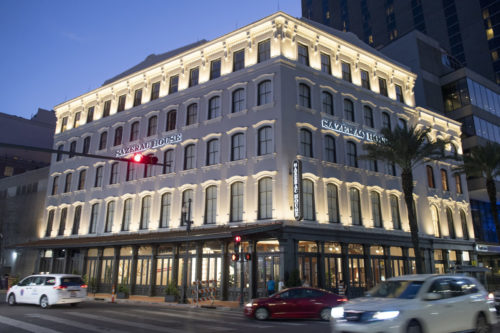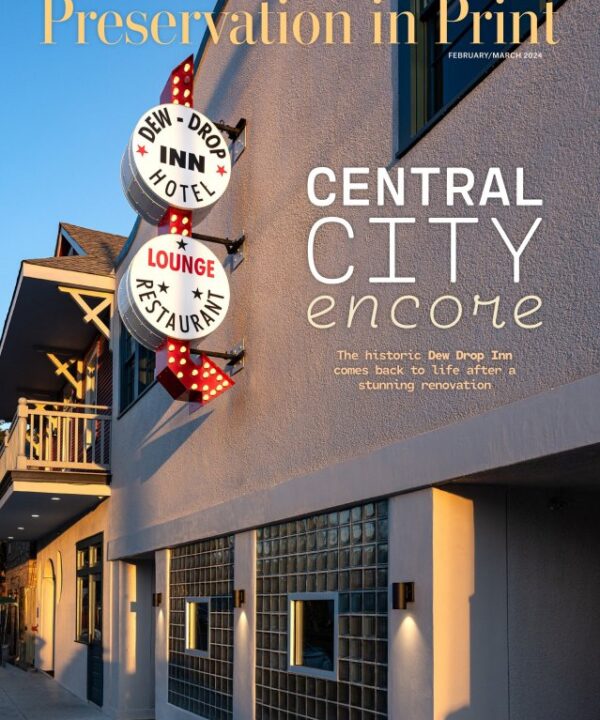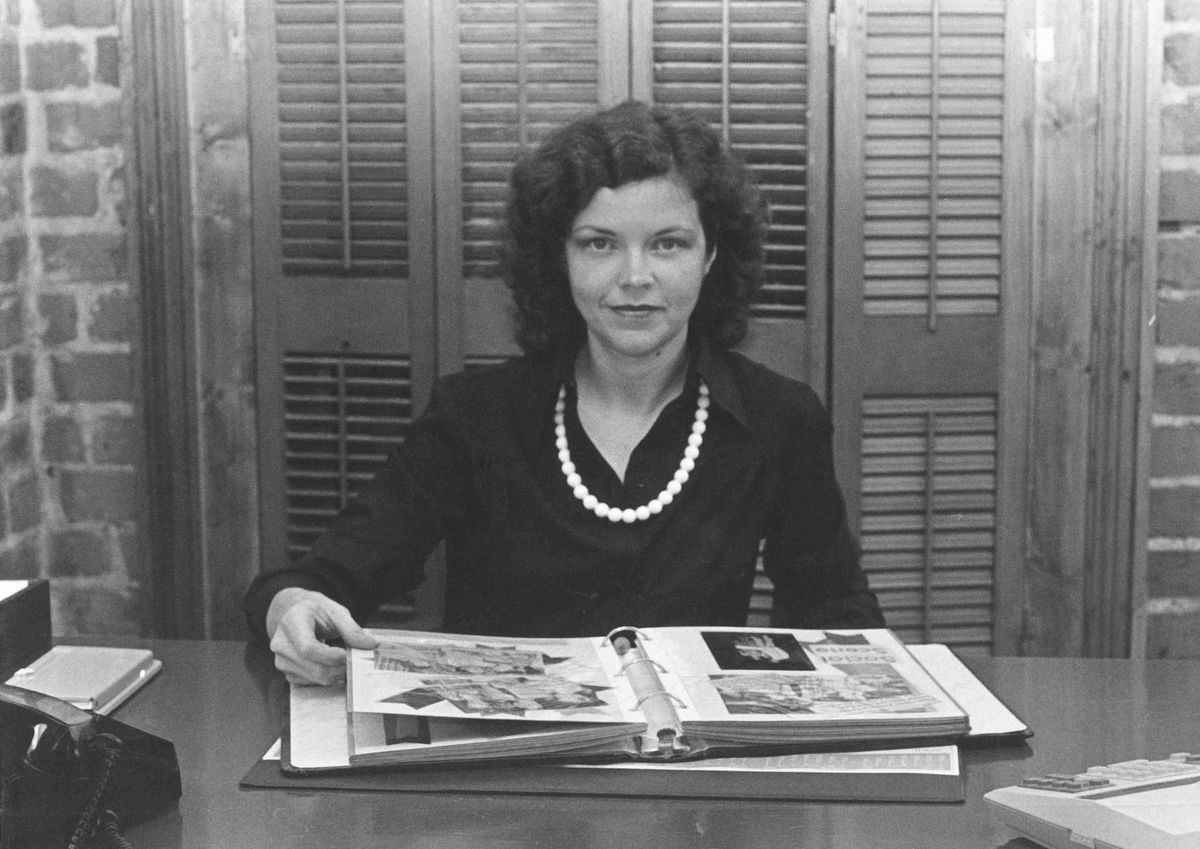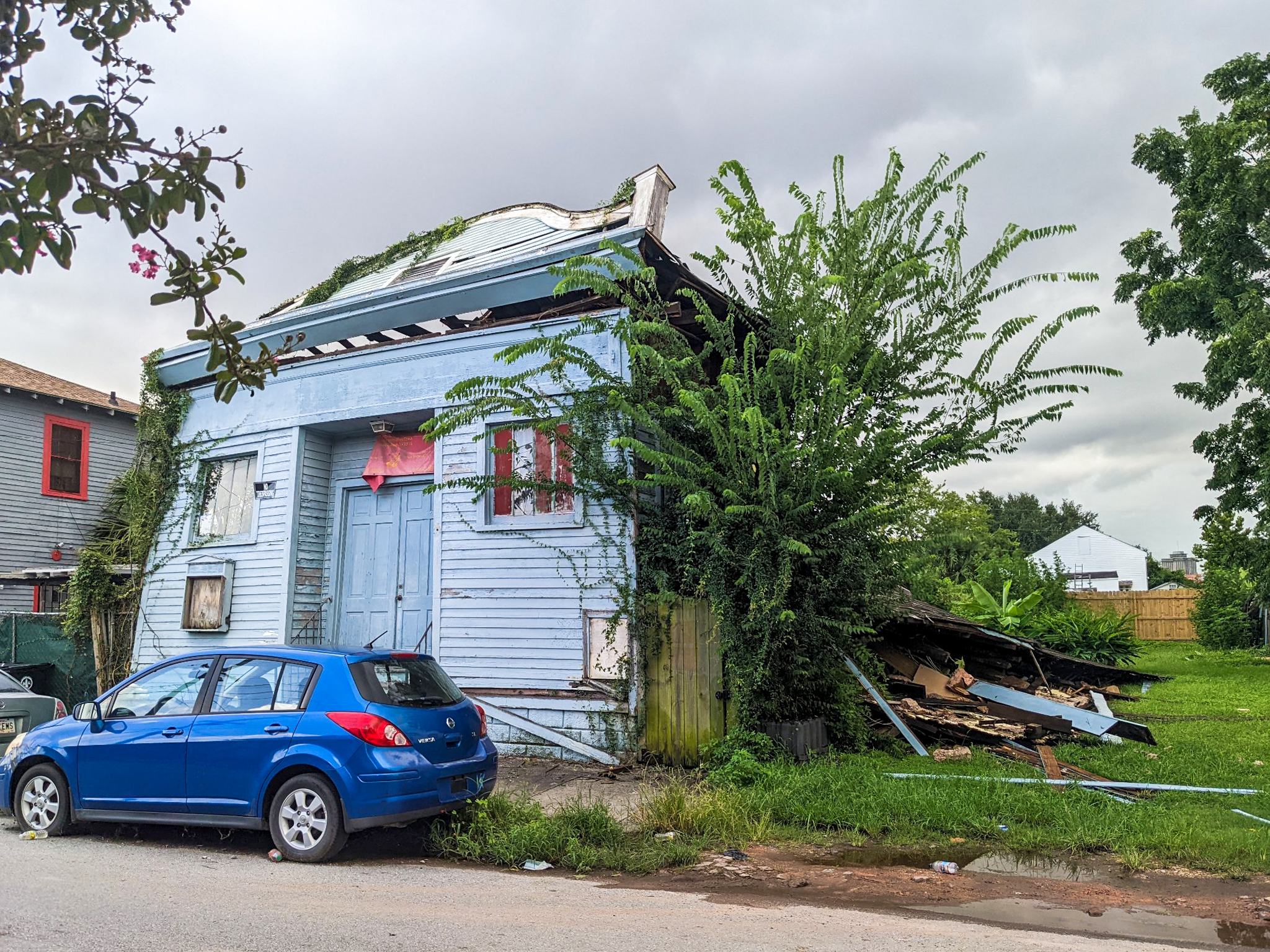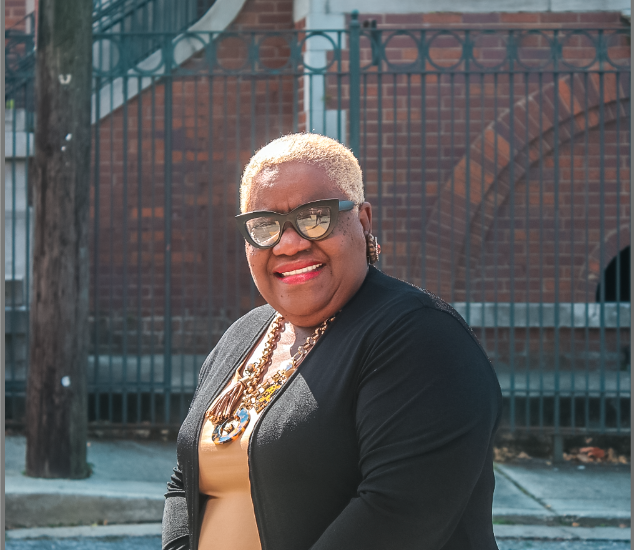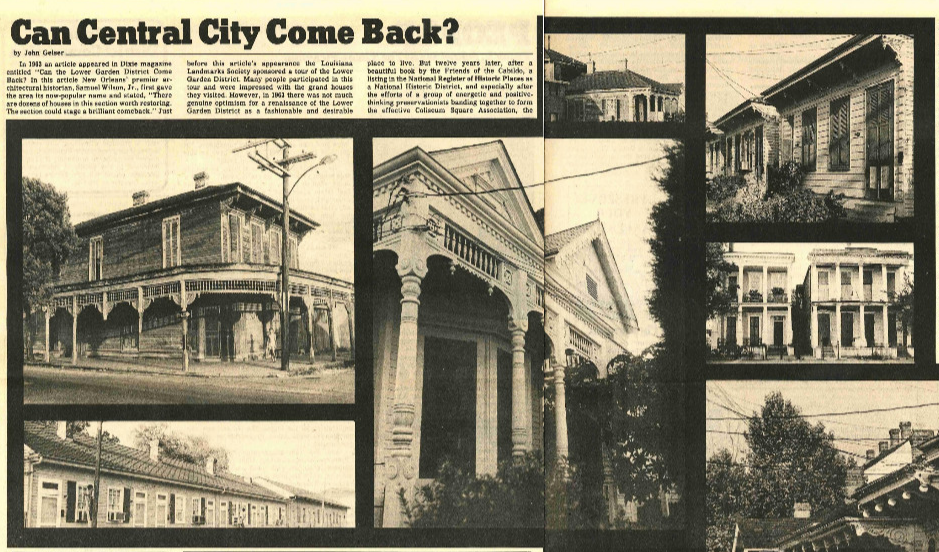Patricia Gay, whose four decades of impassioned and fervent advocacy and leadership pushed the non-profit New Orleans Preservation Resource Center into prominence as one of the country’s premier historic preservation and urban conservancy organizations, announced her retirement July 1.
After volunteering for the fledgling PRC when it was formed in 1974 and serving as president of its board in 1978, Gay became executive director in 1980. Under her direction, the PRC grew steadily to today include 30 employees who manage multiple programs with an annual operating budget of $3 million derived primarily from grants and fund-raising activities.
“In the early days, no one dared imagine what could become of the PRC or the historic preservation movement,” Gay said. “I’m so proud of all of it. There are many, many people to thank for the progress we’ve made.”
Jack Davis, a PRC adviser and former board member of the National Trust for Historic Preservation and the Congress of New Urbanism, will serve as interim PRC executive director while a search is underway for Gay’s successor, announced PRC Chairman Graham M. Ralston.
“Not just locally but nationally too, Patty Gay will always be remembered as a game-changer preservation figure,” Ralston commented. “The single-minded focus of her remarkable career at the PRC helped move local preservation interests from the hobby of a few to the passion of an entire region. We all owe her a great deal of gratitude for her indefatigable spirit and unwavering dedication over these many years.”
Among other accolades, Ralston and Davis both credit Gay with advancing the idea that preserving historic buildings and architecture is also powerful economic development.
“One of Patty’s key maxims has always been that preservation is vital economic development in a city like New Orleans that doesn’t have enough other industries,” Davis said. “Her core message is that preservation helps keep intact the city that the world loves as New Orleans.
“Right from her start” Davis added, “she built an assertive and positive organization that proved a main reason why New Orleans has been able to protect itself as a great urban environment.”
Richard Moe, president of the National Trust for Historic Preservation from 1993 to 2009, recalled how Gay’s leadership proved so essential for New Orleans in the years after Katrina in 2005.
“The devastation after Hurricane Katrina brought our two organizations together in a great partnership to help bring the city back,” he reflected. “Our two organizations lobbied together for preservation grants, and we labored together to bring back Holy Cross while also working all over the city. It was great city-building, and Patty was right in the middle of it. “
With a mission to promote the preservation, restoration and revitalization of the city’s historic commercial and residential architecture, the PRC today manages numerous programs in communication, education and outreach, in addition to funding “bricks and mortar” initiatives that support low income homeowner rebuilding and the acquisition and renovation of vacant commercial buildings.
Gay points to three PRC accomplishments that she believes will always define the organization’s accomplishments in its first several decades.
“Very early, we purchased and renovated 604 Julia Street, one of 13 original 1832 townhomes that people referred to then as ‘skid row,’ and showed the community what historic restoration of old properties like that could mean. That was a turning point.
“The next great step we took was helping establish new historic neighborhoods through the Historic District Landmarks Commission across the city from Holy Cross to Carrollton and out Canal to Mid-City and Esplanade Ridge.
“I also think our Creole Cottage exhibit in the main convention hall at the 1984 World’s Fair was a huge success is showing people what living in New Orleans looked like.”
Gay said she leaves the PRC now with a sense of “much has been done but much more remains,” referring specifically for the imperative to protect and increase preservation funding through federal and state historic renovation tax credits. “I’m proud that Louisiana leads the nation in the number of tax credit projects – but we have to stay vigilant about reminding politicians how this provides such strong economic development benefits.
“There are still a lot of older neighborhoods we haven’t touched yet, so a lot of work must go on.” Gay said. “This can certainly be accomplished if the impact of historic preservation efforts on everyone’s quality of life and on our economy, is recognized.”
Davis worked as reporter or editor at three New Orleans newspapers from 1972 to 1983 – Figaro, The States-Item and the Times-Picayune. At Tribune Company from 1983 to 2007, he was metropolitan editor of the Chicago Tribune; CEO/publisher of the Hartford Courant in Connecticut and of The Daily Press in Virginia; and president of Tribune Interactive. He was vice president of Chicago Metropolis 2020, a regional planning organization, in 2007 and 2008. He and his wife Mimi returned to New Orleans in 2009.

